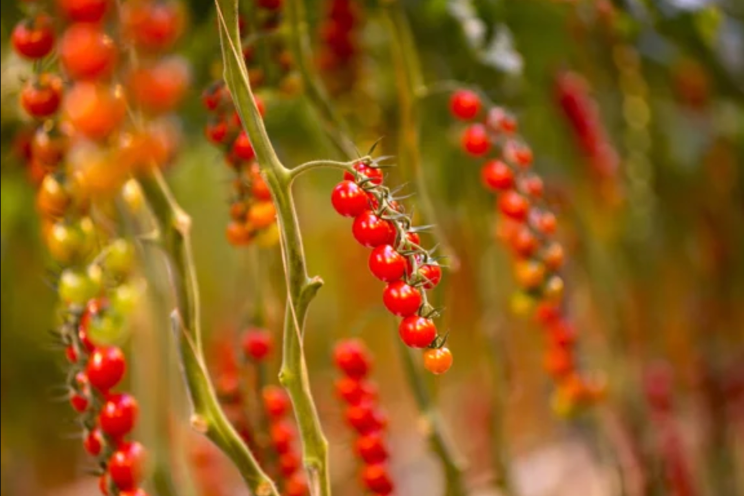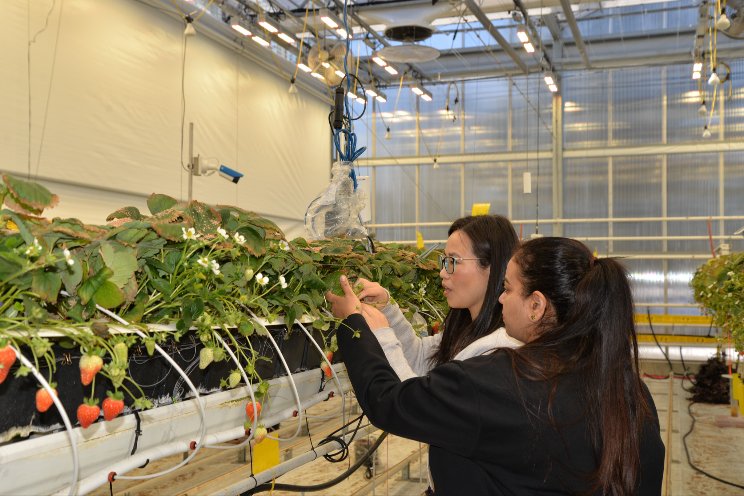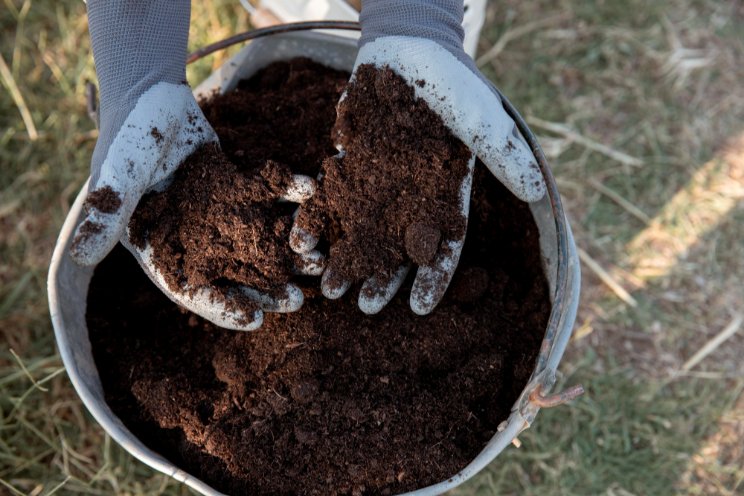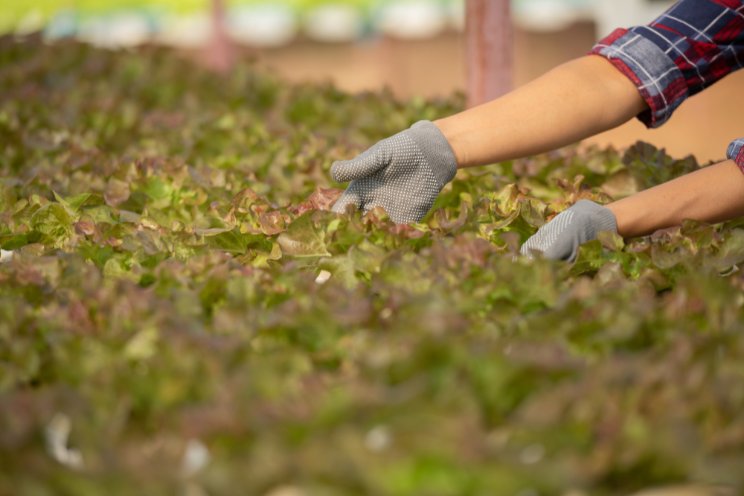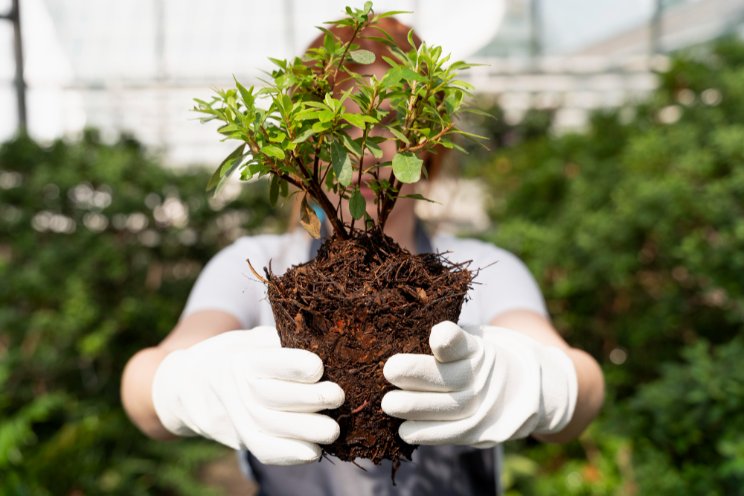Rare bacteria found in geraniums but don't worry
Added on 21 May 2020

Cuttings of the popular annual flower imported from Guatemala this year were infected with Ralstonia solanacearum, a bacteria that causes certain plants, like geraniums, to wilt.
The infected cuttings went nationwide, but Michigan was the hardest hit, said Elizabeth Dorman, Michigan Department of Agriculture and Rural Development Plant Pathology lab manager. Forty-one Michigan facilities imported Fantasia Pink Flare geraniums.
"This disease in particular [could cause] major devastation to our food crops, like potatoes, peppers and tomatoes," Dorman said. "Countries that are dealing with this disease cannot ever plant these crops back into that same soil. There's no effective chemical control to manage the disease."
Ralstonia bacteria can spread through soil, irrigation water or equipment. It kills infected plants by blocking water and nutrients from moving through their vascular systems.
Along with Ebola virus and Eastern equine encephalitis, Ralstonia is considered a "select agent" by the U.S. Department of Agriculture and U.S. Centers for Disease Control and Prevention because it could be used in bioterrorism.
It was last identified in the U.S. in 2004.
You still can get geraniums, just not Fantasia Pink Flare

Healthy geranium plants are on display at Lansing Gardens Sunday, May 10, 2020.
A Michigan grower was the first to alert authorities to the bacteria, Dorman said. The grower noticed a strange wilt on the flowers and sent samples to a lab for testing.
Greenhouses were ordered to destroy them and disinfect their facilities to prevent Ralstonia from spreading in the U.S. State agriculture inspectors visited greenhouses to inspect their wares and make sure they were properly destroyed, and will continue to monitor for the disease this summer.
Geraniums will be available at greenhouses this year, she said, just not the Fantasia Pink Flare variety.
Van Atta's Greenhouse and Flower Shop was "very lucky" not to have imported any infected cuttings, General Manager Jason Innis said. The nursery battled that bacteria about about 20 years ago, shortly before Innis started working there.
"Getting rid of it was really as easy as getting rid of the plant," he said. "Financially, it was a big hit because back then they made the growers destroy 100% of all of their geranium crop. That was ugly."
Geraniums are popular annual flowers. Innis estimated about 25% of Van Atta's customers picking out seasonal blooms end up with at least one geranium plant.
"It's a very old-fashioned plant," he said. 'It's been around forever. They're fairly drought tolerant, they tolerate a lot of sun. It's a very traditional annual plant used in combination planters."
Source: Msn Lifestyle
Photo: Robert Killips | Lansing State Journal
Source: Msn Lifestyle
More news
